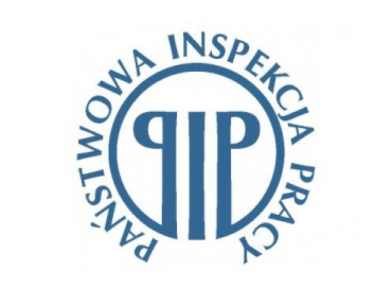 The President of the European Commission, Jean-Claude Juncker, in the summary of 2017, presented a proposal to establish a European Labour Authority. The aim of the newly-created body would be to strengthen cooperation between labour market entities from individual countries and effective management of cross-border situations. Currently, public consultations are at the final stage and the project of the new office is to be prepared within the first 6 months of this year.
The President of the European Commission, Jean-Claude Juncker, in the summary of 2017, presented a proposal to establish a European Labour Authority. The aim of the newly-created body would be to strengthen cooperation between labour market entities from individual countries and effective management of cross-border situations. Currently, public consultations are at the final stage and the project of the new office is to be prepared within the first 6 months of this year.
The European Commission’s goal is to establish EU rules on the posting of workers, which will be enforced in a fair and simple way in every member state. For this purpose, President Juncker plans to establish an institution that would fulfil the role of a central labour inspection, associating individual national institutions. At present, public consultations on the project are ongoing, which will allow to gather arguments for establishing the European Labour Authority and define exactly what the new body should deal with.
‘According to the work programme, the European Commission is to present the project for the central labour authority in the first half of year 2018. In order for it to be created at all, it was necessary to launch a public consultation. The next step will be its publication. However, the final implementation of the project depends on the legislative work of the relevant bodies of the European Union’ says Piotr Żółty, expert at INELO, a company taking part in public consultations for the EC project.
What would the European Labour Authority be responsible for?
As announced by the EC, the establishment of a central labour authority should lead to ensuring the fairness and harmonisation of the labour market. It would be a body supporting national administrations, businesses and posted workers.
‘From the point of view of the transport industry, in which posted workers constitute a significant part, the establishment of such a central labour inspection body would be useful in the context of the circulation of information. Data exchange between inspections from different countries is insufficient. Currently, analysing regulations from more than 20 countries is highly difficult. In order to obtain information from at least 6 countries, the labour inspectorate must contact each of them individually. In such cases, the basic challenge is, for example, the language barrier. If one institution took care of it, it should certainly facilitate and speed up communication’ Piotr Żółty comments.
The website of the European Commission reports that the new body would also help strengthen confidence in the internal labour market, improving its functioning and promoting the opportunities offered by the European labour market, both among companies and employees themselves.
What formal requirements must be met by EU member states?
In practice, EU member states should already have information on the settlement of working time of posted workers and make them available as a data set on their own websites. In accordance with EU regulations, each member state is required to take up such an initiative by June 2018.
‘The biggest problem, however, is the lack of harmonisation of documents made available by individual countries. Official information also suggests that the new authority’s task would be to fight abuses in the field of labour law and organize cross-border checks. Thanks to such activities, the effectiveness and quality of the checks performed by national labour inspectorates would increase. Currently, the possibility of checking a driver or a company for example from Spain is significantly reduced. It is worth emphasizing that, according to the information provided, it appears that the establishment of such authority would not require meeting any additional formal requirements by the entrepreneurs or delegated employees themselves’ summarizes Żółty.



